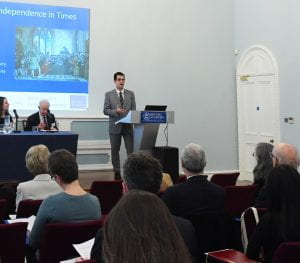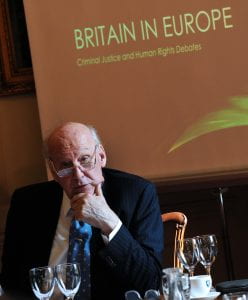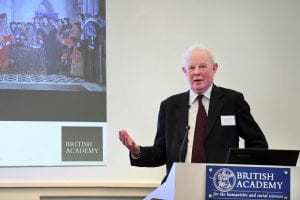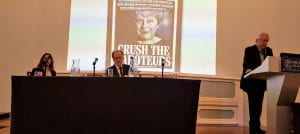In this latest blog for our Britain in Europe (BiE) think tank, Sir Geoffrey Nice QC, former Slobodin Milošević prosecutor at the ICTY and BiE expert, reacts to John Bolton’s extraordinary attack on the International Criminal Court, criticises the UK Government for not properly condemning it without reservation and draws worrying parallels with Brexit.
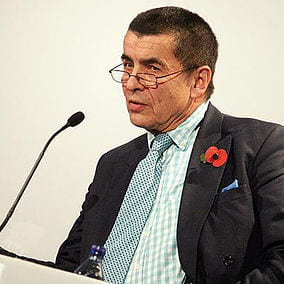 America’s return to a primitive post-Westphalian pre-20th Century concept of untouchable, isolated sovereignty is extraordinarily dangerous. What is sovereignty for the US will have to be respected by the US in other countries and then by all states for all other states. It is a concept of sovereignty towards which the more extreme right wing governments in Europe – and extreme supporters of Brexit in the UK -are edging, mindless of how Hitler’s rise, and the holocaust to come, were in part possible because no other state would challenge Germany’s internal criminality however gross until too late.
America’s return to a primitive post-Westphalian pre-20th Century concept of untouchable, isolated sovereignty is extraordinarily dangerous. What is sovereignty for the US will have to be respected by the US in other countries and then by all states for all other states. It is a concept of sovereignty towards which the more extreme right wing governments in Europe – and extreme supporters of Brexit in the UK -are edging, mindless of how Hitler’s rise, and the holocaust to come, were in part possible because no other state would challenge Germany’s internal criminality however gross until too late.
By way of an earlier example, in WWI the US respected Turkey’s sovereignty, conceived in terms similar to Bolton’s as expressed yesterday, and abandoned a million or so Armenians (despite their being Christians!) to butchery and refused to intervene despite being urged by its own Ambassador to Turkey to do so.
Other countries may now follow the US ‘lead’ and intervention by the ICC or any other agency in any way into the criminal conduct of states will be challenged as contrary to state sovereignty.
This approach to sovereignty – as Raphael Lempkin realised when he coined the word ‘genocide’ and forced states to draft the Genocide Convention – would have meant the Jews could be annihilated without external intervention (and Nuremberg war crimes trials indictments prepared by the US, the UK and others actually respected this concept, although this is little understood).
The Bolton approach to US infallibility and ethical insularity will lead, ultimately, to more not less armed conflict and more not less killing of innocents.

Auschwitz
Not only is the US dangerous in itself when it claims to be above international law but it becomes a truly lethal ally. Yet none of its subservient, handholding friends – such as the UK – has properly condemned without reservation this US abandonment of respect for law despite international law being the only way, in the long run, that the world can survive the natural inclination and desire of politicians to lead their citizens to death in conflict.
Bolton’s extraordinary attack on the ICC shows this US administration not just to be led by a man – supported by racists at home – without morality or ethical standards and but moving to a position where its complete freedom from oversight by internationally agreed norms, as Bolton and Trump would like, will make it free to do within its borders whatever it likes. Abroad the isolationist approach to sovereignty will allow it to give unrestrained military support for chosen allies in defiance of the judgement of other allies or of the UN (if that institution survives).
This US administration has numbed our sensitivity to what should be completely unacceptable state conduct. Is that why our leaders have not appreciated the threat by Bolton not only to the ICC but even to the court’s officials? In the UK we saw that it was possible for a drift to right wing populism to allow a newspaper to condemn those attempting to maintain the law as ‘enemies of the people’. Bolton is doing something similar but much, much more sinister. For him, echoing the Trump election campaign, he would ‘lock up’ the international law.
Sir Geoffrey Nice QC is a BiE expert, and the spokesperson for the Knowing Our Rights (KOR) research project. BiE and KOR are based at Goldsmiths and feed into the LLB (Law) programme.
 mmitted to continuing security cooperation in criminal justice matters after the UK withdraws from the EU, but diverge as to its nature and scope.
mmitted to continuing security cooperation in criminal justice matters after the UK withdraws from the EU, but diverge as to its nature and scope.
 Digital technology touches on and empowers every aspect of our lives, whether as consumers, users of public services, citizens or voters.
Digital technology touches on and empowers every aspect of our lives, whether as consumers, users of public services, citizens or voters.

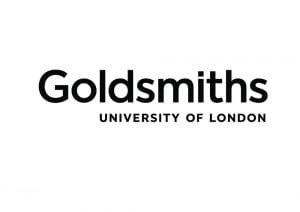
 America’s return to a primitive post-Westphalian pre-20th Century concept of untouchable, isolated sovereignty is extraordinarily dangerous. What is sovereignty for the US will have to be respected by the US in other countries and then by all states for all other states. It is a concept of sovereignty towards which the more extreme right wing governments in Europe – and extreme supporters of Brexit in the UK -are edging, mindless of how Hitler’s rise, and the holocaust to come, were in part possible because no other state would challenge Germany’s internal criminality however gross until too late.
America’s return to a primitive post-Westphalian pre-20th Century concept of untouchable, isolated sovereignty is extraordinarily dangerous. What is sovereignty for the US will have to be respected by the US in other countries and then by all states for all other states. It is a concept of sovereignty towards which the more extreme right wing governments in Europe – and extreme supporters of Brexit in the UK -are edging, mindless of how Hitler’s rise, and the holocaust to come, were in part possible because no other state would challenge Germany’s internal criminality however gross until too late.
